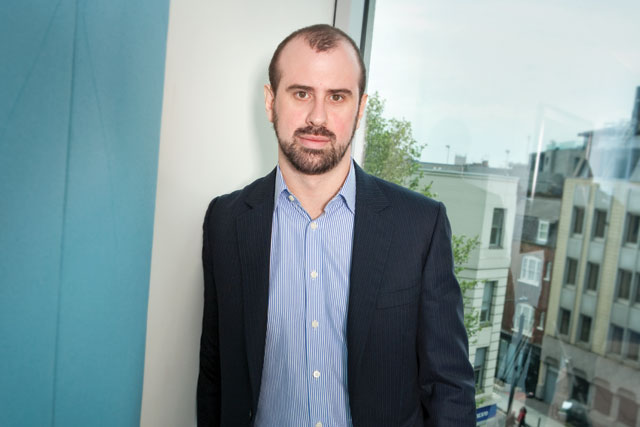One difference in America is that, with a population of 600 million and 45 per cent of the world's marketing expenditure, many US marketers read "global" as "the rest of the world apart from America". To get to the same population in Europe, you need to cover 30 countries. So, to get to the same level of economic scale, you would have to cross potentially 30 national cultures.
From an economic perspective, it is clear that European countries will need to collaborate to prosper in a tough environment. In rational areas such as infrastructure, this is relatively uncontroversial, but when it comes to culture, 2,000 years of proximity compel us to accentuate differences.
This is a challenge for businesses, whose value lies increasingly in creating multinational brands. They might be able to centralise financial processes, but attempts to do the same for media plans or advertising content often lead to less compelling work. It is harder to make content stick without the rough edges of culture to stick to.
This rather intractable problem has been around for a while, and most of us have seen client organisations oscillate between central control and local freedom. Right now, it feels like the pendulum is swinging towards centralisation and will never come back. However, this time, it may work more effectively.
In this new phase, we have one major asset that we have never had before, which is the acceleration of convergence and globalisation in media. Though media law and markets remain largely national, a company's digital infrastructure is often regional and increasingly snakes out through Goo-gle, Facebook, Apple and Amazon.
What's more, a stronger multinational culture is emerging, regardless of and often in defiance of national boundaries. As a trivial example, statistically, more than half of you have seen the private parts of at least one member of the royal family in the past month, which is finally something you have in common with your contemporaries in France.
In this context, one thing is for certain - we will not serve our clients' future interests, international or domestic, if we retain a "UK agency" mentality. We need to lean into the opportunity by committing to the opportunities of the convergent digital infrastructure and by creating ideas that appeal to the highest common denominator of people across boundaries. Remember that, increasingly, what makes us alike could be more powerful than what makes us different.
Matthew Hook is the chief strategy officer at Carat


